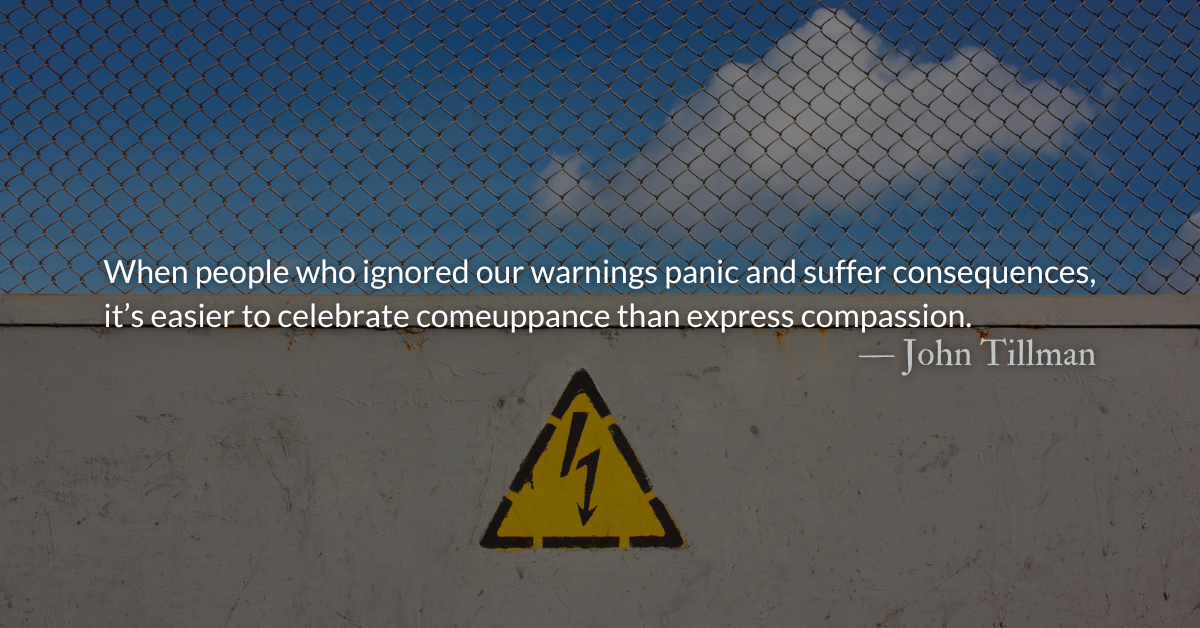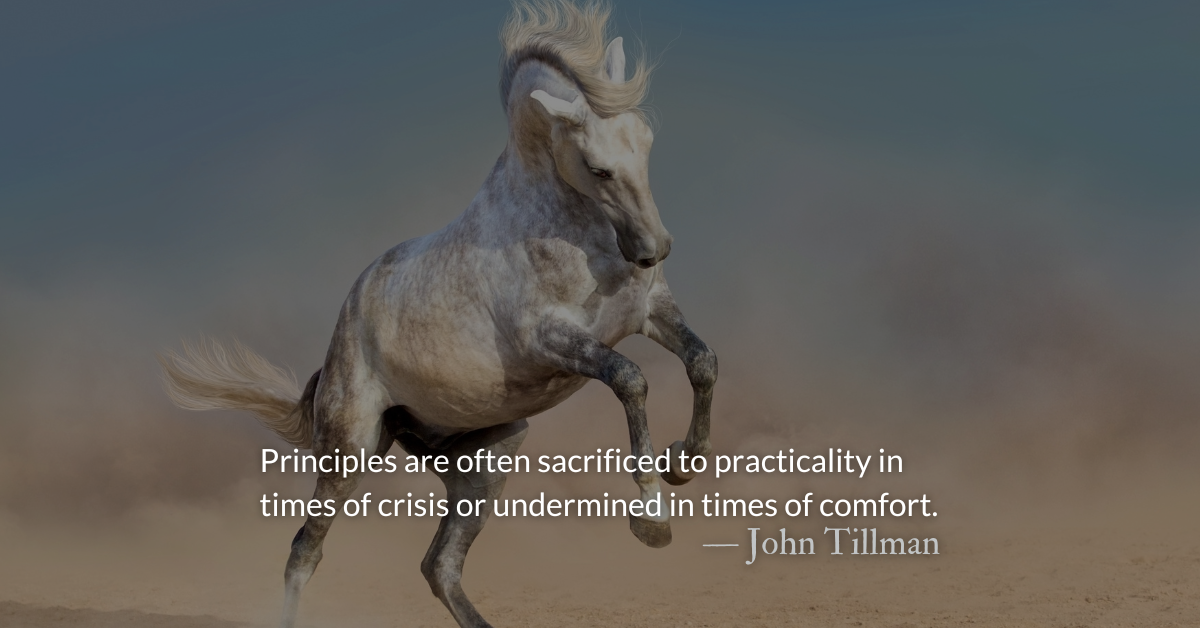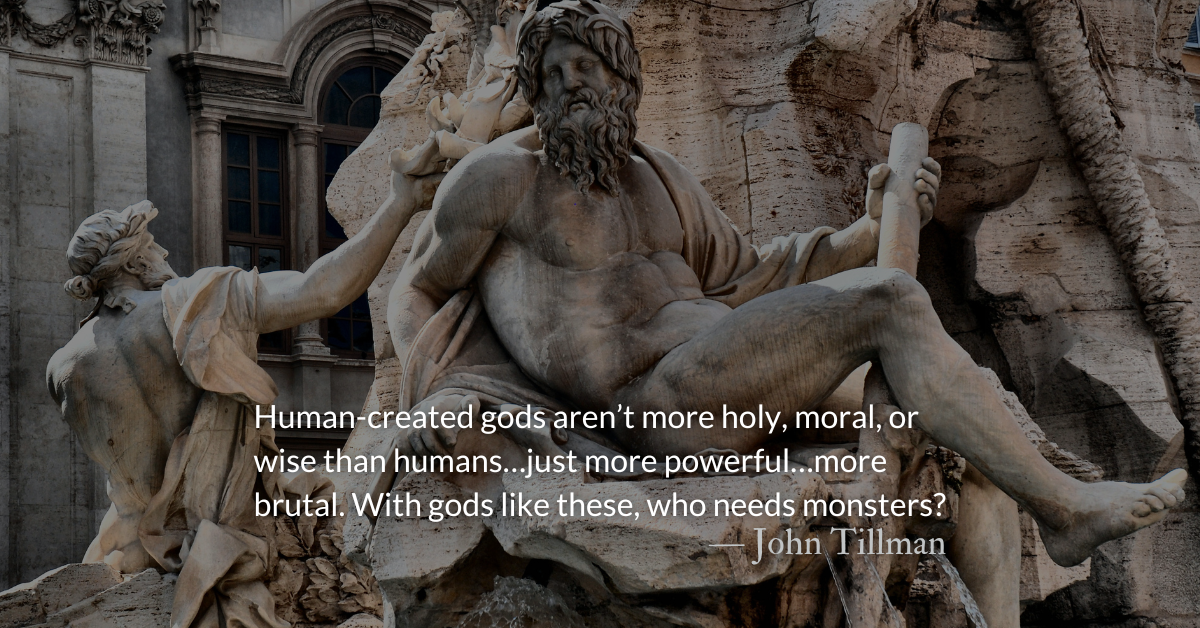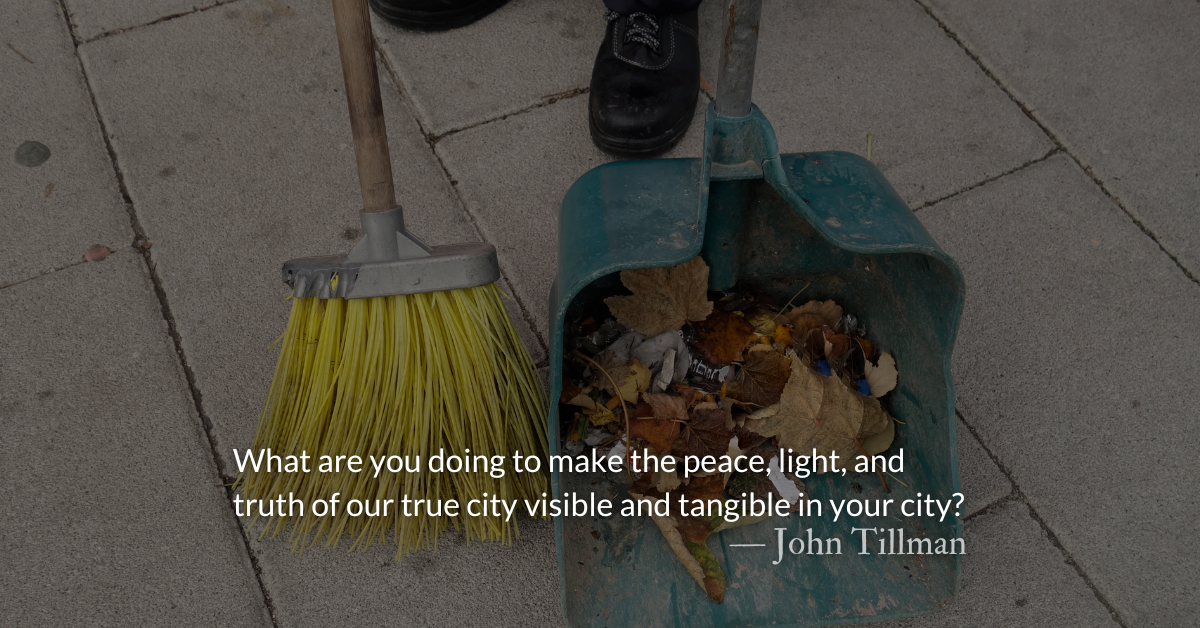Scripture Focus: Isaiah 33.1, 17-19a
1 Woe to you, destroyer,
you who have not been destroyed!
Woe to you, betrayer,
you who have not been betrayed!
When you stop destroying,
you will be destroyed;
when you stop betraying,
you will be betrayed.
17 Your eyes will see the king in his beauty
and view a land that stretches afar.
18 In your thoughts you will ponder the former terror:
“Where is that chief officer?
Where is the one who took the revenue?
Where is the officer in charge of the towers?”
19 You will see those arrogant people no more
Reflection: Comeuppance or Compassion
By John Tillman
When we warn about something repeatedly and are ignored, rejected, laughed at, shouted down, or told off, there is a mixture of satisfaction and anger when our predictions play out.
Whether we warned about a leader’s behavioral red flags, an ill-advised policy, the dangers of ignoring abuse, or the slippery slope of moral relativism, when bad fruit falls it brings vindication and grief. When people who ignored our warnings panic and suffer consequences, it’s easier to celebrate comeuppance than express compassion.
We want to shake our heads and laugh or shake our fists and yell, “I told you so!” Anger kicks in. “Why didn’t they listen!?”
God, through his prophets, repeatedly warned that pagan political partners would lead to sin and suffering. God’s people chose practicality that promised peace. Assyria, predictably, broke their treaties with Judah.
We expect God to say, “I told you so,” and walk away. But, despite anger with Judah for not trusting him, the Lord promised justice. The betrayers would be betrayed. The destroyers would be destroyed.
God did not remove all consequences for Judah and he won’t do so for us. However, instead of rubbing Judah’s nose in their mess, he saved them in the moment and lifted their heads to see greater salvation in the future. In the distance there is a more beautiful king and a more gracious land.
We live in the world of destroyers and betrayers. Despite God’s warnings, at some point, we will be conned by kings, misled by leaders, and fooled by friends. At some point, we’ll face destructive outcomes and consequences. When, not if, you are fooled, deceived, or tricked, confess and call out to God.
God isn’t waiting to rub your nose in your failure, he wants you to lift your head and look. The beautiful land awaits. Christ’s kingdom is both distant and present at the same time—it is already among us and not yet fully manifest. The betrayers and destroyers will fade from memory in his presence.
As we experience betrayals and watch people being deceived, ask God to give you as much compassion for them as possible when they confess. Yes, we told them so, but don’t rub their noses in their repentance. Yes, we warned them, but don’t shame those freed from deception or admitting their errors. Lift their head and bid them look to the beautiful land and Jesus, its king.
Divine Hours Prayer: The Greeting
My heart is firmly fixed, O God, my heart is fixed; I will sing and make melody. — Psalm 57.7
– From The Divine Hours: Prayers for Summertime by Phyllis Tickle.
Today’s Readings
Isaiah 33 (Listen 3:45)
Acts 20 (Listen 5:22)
Read more about Prophets in Our Path
They sought convenient confirmations of what they already believed. But prophecy often holds inconvenient truths.
Read more about Supporting Our Work
Please consider becoming a donor. Support ad-free content that brings biblical devotionals to inboxes across the world.






